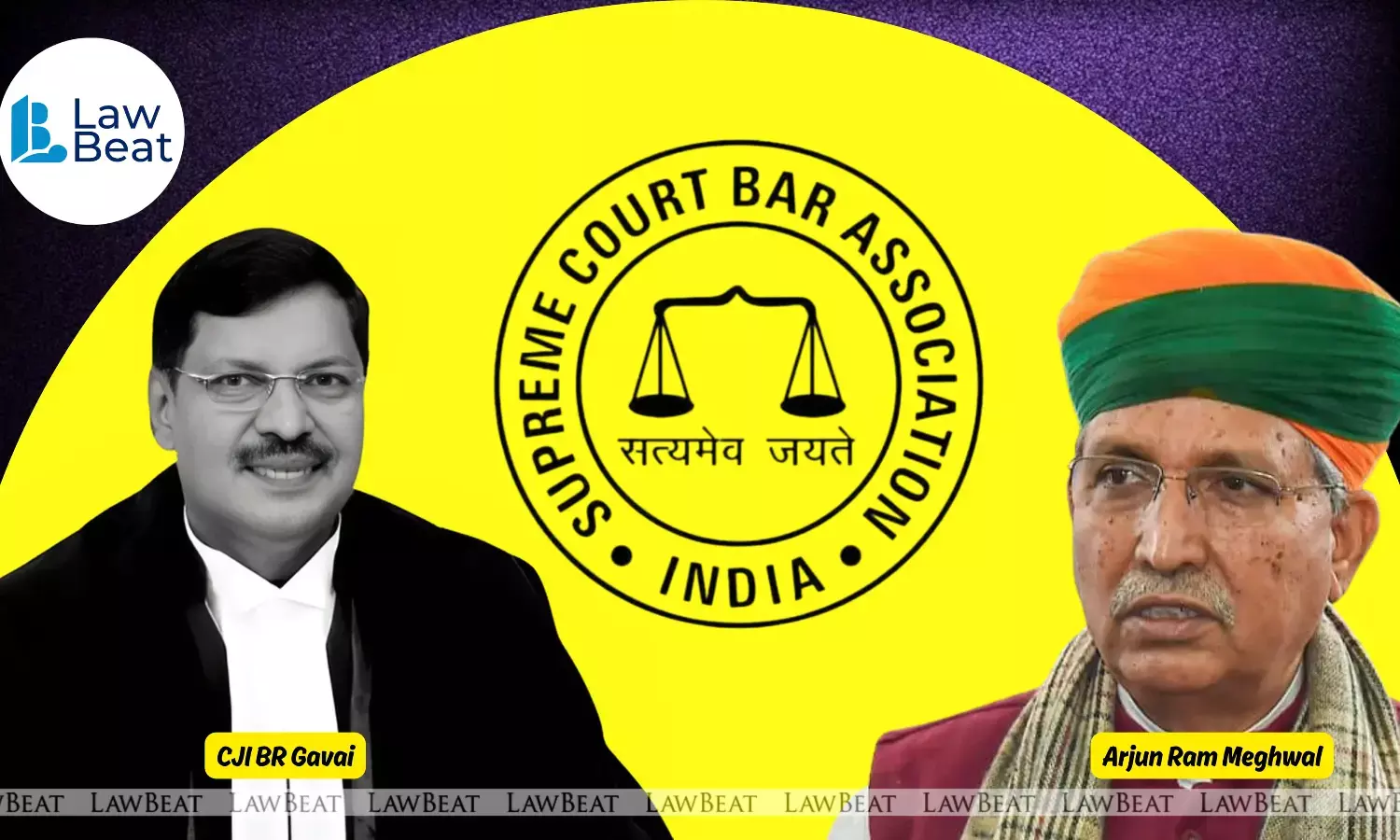SCBA Presses for Transparent, Merit-Based Framework in Judicial Appointments; Urges Govt to Finalize MoP Without Delay

SCBA urges Government to finalize Memorandum of Procedure for judicial appointments
The Supreme Court Bar Association (SCBA) has written to the Union Law Ministry urging the immediate finalisation of the Memorandum of Procedure (MoP) for appointment of judges to the Supreme Court and High Courts.
The letter, addressed to the Law Ministry on behalf of the SCBA office-bearers and senior executive members, warns that the delay in reforming the system is “indefensible” and threatens judicial independence.
The letter reiterates concerns earlier flagged on August 30, 2025, calling for a transparent, equitable, and merit-based framework for judicial appointments.
While acknowledging that the Collegium system was designed to safeguard judicial independence, the letter says it has created “significant challenges” and “structural flaws” that now demand urgent correction.
One of the foremost concerns raised is the exclusion of Supreme Court Bar practitioners from elevation to High Courts in their home states. “These lawyers, with national exposure, bring a superior qualification to the Bench. Ignoring them wastes valuable judicial talent and undermines merit-based selection,” the representation states.
It further highlights the glaring under-representation of women and diverse groups in the higher judiciary. Citing data from February 2024, the signatories note that women constituted only 9.5% of sanctioned strength in High Courts and a mere 2.94% in the Supreme Court, compared to nearly 38% in the lower judiciary recruited through competitive examinations.
“This is a glaring indictment of systemic exclusion, where the tyranny of a presumed meritocracy masks a deeper reliance on informal networks and patronage,” the letter observes.
SCBA also point out that briefing counsels and juniors—the “unseen architects of courtroom success”, are consistently ignored, even though their analytical and drafting skills make them natural contenders for elevation.
The representation urges the Government to act on the Supreme Court’s 2016 judgment in Supreme Court Advocates-on-Record Assn. v. Union of India, which had mandated revision of the MoP in consultation with the Chief Justice of India.
Key reforms suggested include:
1. Permanent and Independent Secretariat: To be set up in every High Court and the Supreme Court to maintain records of vacancies, candidate data, and ensure institutional memory.
2. Transparent Application-Based Process: Replacing the informal system with a formal, open application process so that every deserving candidate, including from the Supreme Court Bar, can be considered.
3. Published Objective Criteria: Codification of verifiable eligibility benchmarks such as years of practice, reported judgments, academic contributions, and pro bono work, against which candidates must be assessed.
4. Accountability Mechanism: A complaints process to address grievances and uphold integrity in appointments.
The letter also recalls that a legislative proposal titled the Facilitation of Appointment of Judges Act had been drafted and introduced in Parliament, but its progress stalled. The bar leaders urge the Government to revive and refine that proposal as the foundation of a reformed system.
“This framework is not a radical overhaul but a necessary institutional support system designed to strengthen, not supplant, the Collegium. By embedding these safeguards, the higher judiciary can move closer to the Court’s vision of ensuring ‘the right people’ are elevated to the Bench,” the letter asserts.
Emphasising that “entrusted power demands accountability; self-assumed power demands even greater accountability,” the signatories underline that judicial independence must be rooted in transparency and merit.
They have also submitted a similar representation to the Chief Justice of India (CJI) BR Gavai and Collegium members, urging a concerted effort by all stakeholders.
“I now urge the Government to take the lead in this crucial dialogue with the judiciary and finalise the MoP without further delay,” the letter concludes, adding that the Bar is ready to assist in every possible way.
Letter By: Supreme Court Bar Association
Letter Date: September 12, 2025
